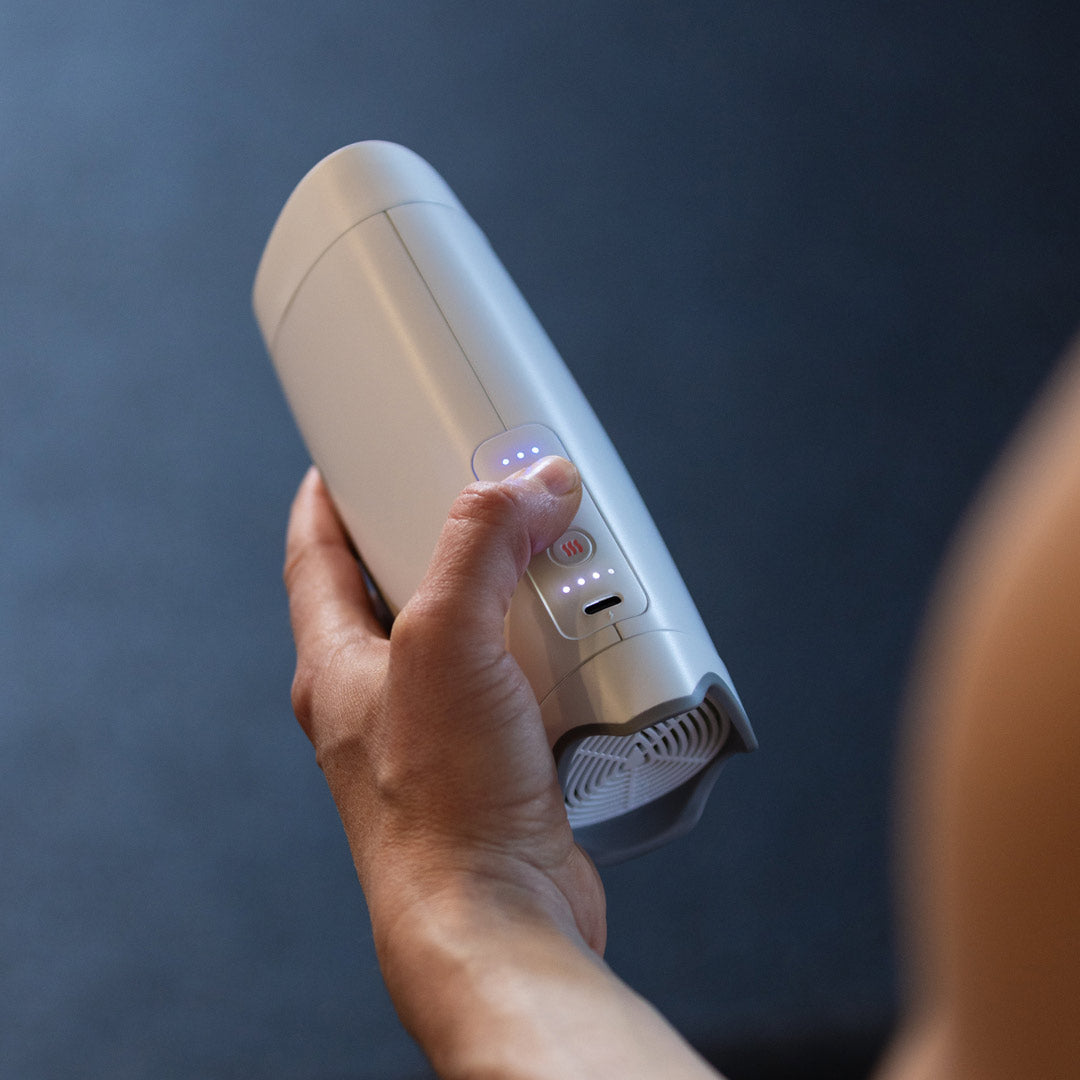Palm cooling is rooted in unique physiology that scientists have been studying for decades. The palms contain arteriovenous anastomoses (AVAs), specialized blood vessels that act as natural heat exchangers. These vascular structures channel blood closer to the skin’s surface, which makes them highly effective at transferring heat out of the body. During high heat exposure or strenuous exercise, the AVAs open wide, and cooling the palms can accelerate the body’s ability to shed excess warmth and maintain safe operating temperatures.
A landmark Stanford study found that palm cooling could reduce core body temperature and improve endurance by up to 46% (Grahn et al., 2005). That’s not just anecdotal comfort—it’s measurable physiology with hard numbers to back it up. The researchers observed athletes performing longer, recovering faster, and sustaining output they could not achieve without palm cooling.
What makes this finding even more compelling is its broad application. For athletes, palm cooling can mean squeezing out extra reps in the gym or maintaining pace late into competition. For outdoor workers, it means fewer heat‑related slowdowns and safer recovery during breaks. And for everyday people facing heat stress, it offers a practical way to stay comfortable, productive, and safe.
The mechanism is simple, but the benefits are profound. By tapping into AVA physiology, palm cooling turns the body’s own heat‑dumping system into a performance and safety tool. Whether you are looking to extend safe exertion, speed recovery, or simply keep cool, palm cooling provides an accessible, science‑backed solution that sits at the intersection of comfort and measurable performance gains.






Leave a comment
This site is protected by hCaptcha and the hCaptcha Privacy Policy and Terms of Service apply.